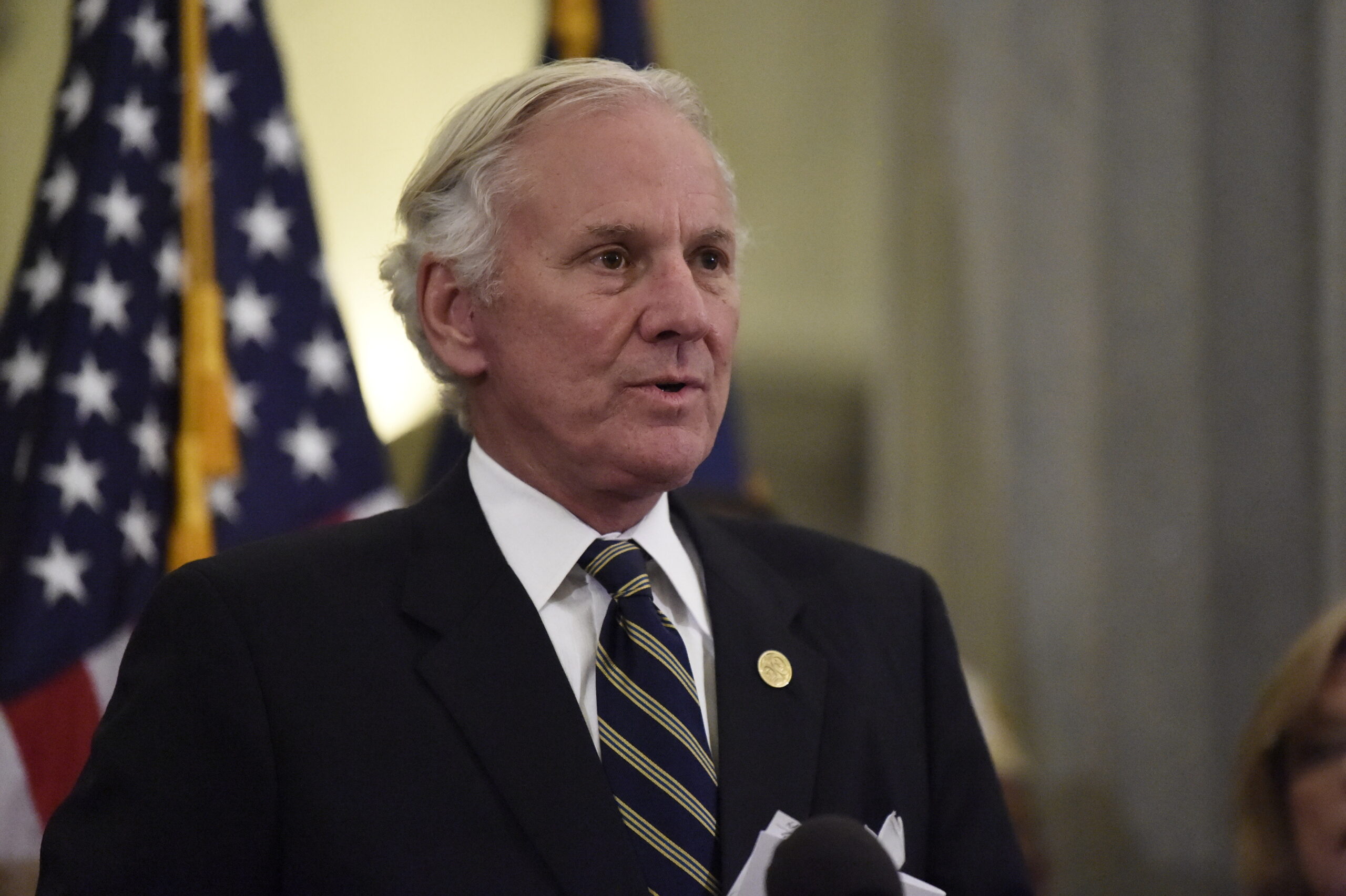South Carolina is defending a budget amendment that prohibits local governments and public school boards from imposing mandatory mask mandates as a plaintiff and defendant in lawsuits filed in state and federal courts.
The South Carolina Supreme Court ruled against Attorney General Alan Wilson in finding higher education entities, such as the University of South Carolina, can require masks for all students, but the court did not lift prohibitions on local boards from doing so.
Wilson since has lodged a lawsuit to be heard by the state’s supreme court against the city of Columbia, which required masks in schools after declaring a COVID-19 emergency, for violating the budget amendment.
Now, the American Civil Liberties Union, representing disability rights groups and parents of children with disabilities, has filed a lawsuit in U.S. District Court in Columbia, arguing the budget amendment mask ban endangers vulnerable public school students.
The General Assembly passed Proviso 1.108 in June when it adopted the state’s fiscal year 2022 budget. It prohibits school districts from using state funding to require masks in schools.
The ACLU was joined in the lawsuit by the South Carolina Appleseed Legal Justice Center; Disability Rights South Carolina; Wyche, P.A.; and parents of children too young to be vaccinated with asthma, congenital myopathy, Autism, Renpenning Syndrome and weakened immune systems that make them susceptible to severe illness from COVID-19.
The lawsuit names Gov. Henry McMaster; Wilson; Superintendent of Education Molly Spearman; and the Greenville, Horry, Lexington, Oconee and Pickens county school boards, which have not imposed mask mandates citing the state budget proviso, as defendants.
The ACLU claims the mask-mandate ban “disproportionately affects students with underlying health conditions or disabilities” and violates the Americans with Disabilities Act and the Rehabilitation Act by excluding students with disabilities “unnecessarily from their peers.”
“By making schools a dangerous place for these students with disabilities, they are essentially forcing their parents to choose between their child’s education and their child’s health,” ACLU Disability Rights Project Director Susan Mizner said. “And that is going to exclude them from their public education.”
McMaster dismissed claims in the lawsuit as “totally inaccurate” and is confident the budget amendment will withstand legal scrutiny.
“We received a letter from (U.S. Secretary of Education Miguel Cardona) about that (the ADA) and what we are doing here is perfectly legal in my opinion,” he told reporters Tuesday.
President Joe Biden has directed Cardona to explore possible legal action against the eight states, including South Carolina, that have blocked school mask mandates and other public health measures.
The others are Florida, Texas, Utah, Tennessee, Oklahoma, Iowa and, beginning Sept. 29, Arizona. The ACLU has filed a similar lawsuit in Texas.
“While we don’t comment on specific litigation, the only truly inclusive option is to allow every parent to decide whether their child will wear a mask in school. That’s exactly what the General Assembly’s budget proviso does in South Carolina,” McMaster spokesperson Brian Symmes said Wednesday.
Spearman, although a defendant in the lawsuit, opposes the budget amendment and has advocated for local school boards to have autonomy in dealing with the pandemic. She is among officials lobbying legislative leaders to call a special session to repeal the proviso.
“Superintendent Spearman has been clear in her support for empowering South Carolina’s locally elected school leaders, with the input from parents and their communities, to make decisions impacting the health and well-being of the students they serve,” Spearman spokesman Ryan Brown said in a statement. “We look forward to the Court bringing finality to this issue.”
This article was originally posted on South Carolina to defend mask-mandate ban as plaintiff, defendant











More Stories
Kemp signs executive order to extend suspension of Georgia’s motor fuel tax until July 14
Florida continues to outperform U.S. in economic success
Newsom announces funding expansion for reproductive services